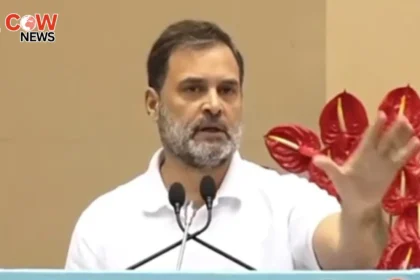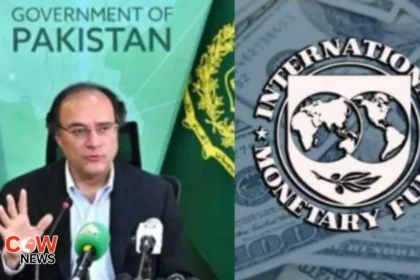Islamabad( The COW News Ditgital)The International Monetary Fund (IMF) has raised serious objections to the Pakistani government’s decision to waive taxes and duties on imported sugar, prompting Islamabad to reconsider the move amid fears it could jeopardize the country’s $7 billion loan program.
According to sources within the Ministry of Finance, the IMF has formally expressed concerns over the tax exemption granted on the import of sugar, stating that such relief violates agreed fiscal reforms and undermines revenue targets. The IMF warned that this unilateral action could derail the ongoing Extended Fund Facility (EFF).
In response, the Pakistani government argued that the sugar import was necessary under a “food emergency” due to soaring domestic prices, which recently surpassed PKR 200 per kilogram—the highest in the country’s history. Despite the explanation, the IMF reportedly rejected the justification, insisting that the relief contradicts the terms of the loan agreement.
Sources revealed that the federal cabinet approved the import of 500,000 metric tons of sugar without prior consultation with the Ministry of Finance. The initial decision included full exemption of all taxes and import duties to stabilize prices, and the Trading Corporation of Pakistan (TCP) has already floated a tender for 300,000 metric tons, with a submission deadline of July 18.
However, after the IMF’s pushback, government officials are now reconsidering the exemption. The rollback of the tax waiver is under serious discussion, and insiders suggest that the sugar import plan itself could be fully withdrawn if consensus is reached.
The exemption had also allowed private importers to bring in sugar without levies. Now, policymakers are reportedly debating whether to revoke these exemptions for the private sector as well, to align with IMF conditions.
This dispute comes at a time when Pakistan is struggling with inflation, a widening fiscal deficit, and pressure to maintain fiscal discipline under international commitments. A rollback could help preserve the fragile IMF agreement but may reignite domestic price pressures.
The outcome of these deliberations will be closely watched, not just for their economic impact, but also for what they signal about Pakistan’s ability to balance domestic needs with international financial obligations.







